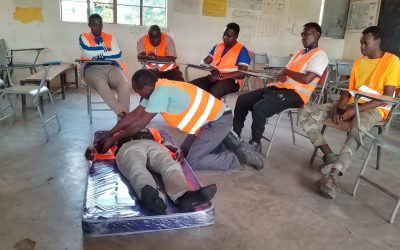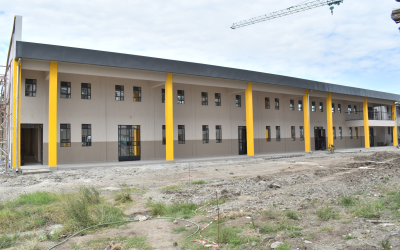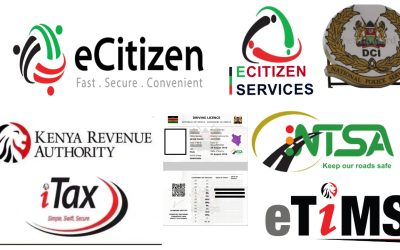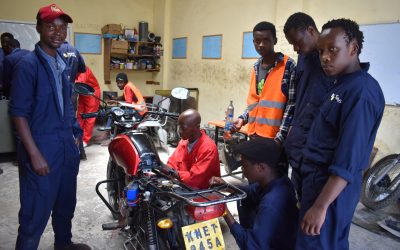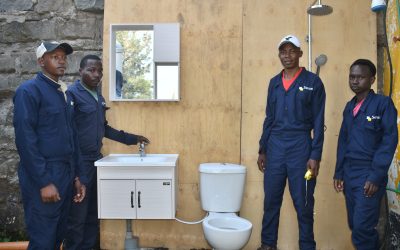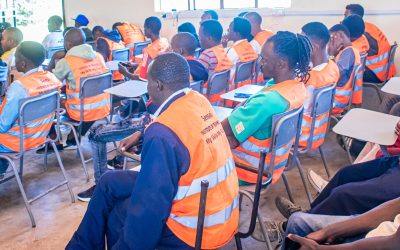Modular Training Explained: How Kenya’s TVETs Are Adapting to Learners’ Needs
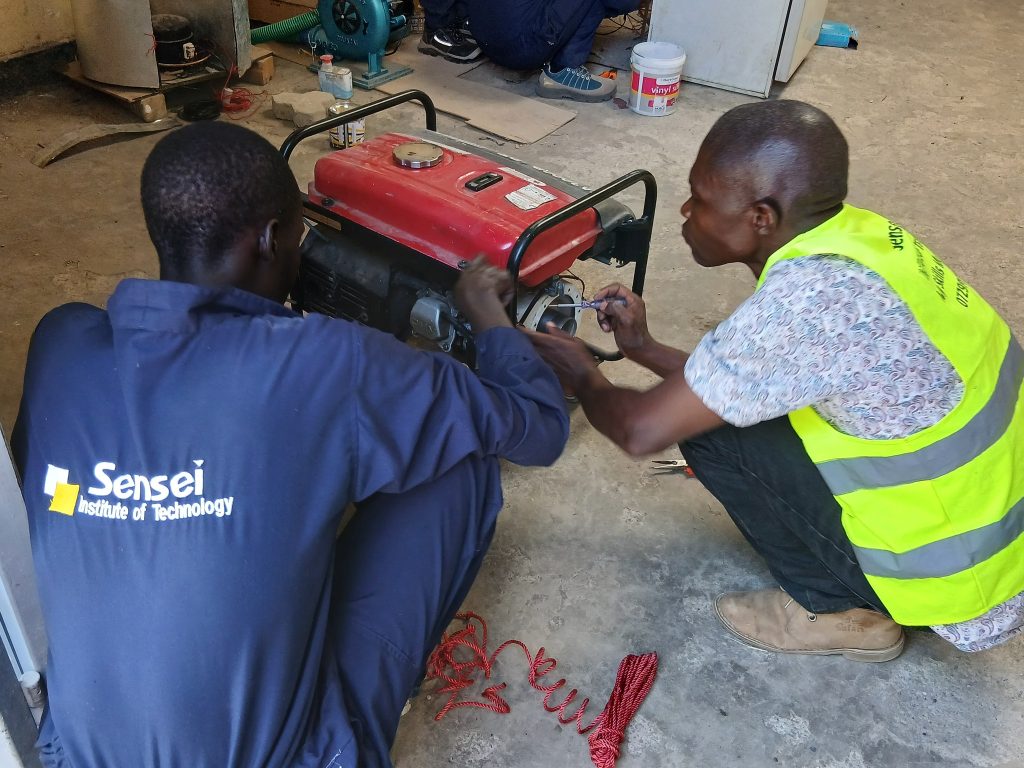
In today’s fast-changing world, not everyone can commit to a rigid three-year course. Kenya’s Technical and Vocational Education and Training (TVET) sector is finally catching up to that reality with modular training becoming the new standard in how skills are taught, assessed, and recognized.
This flexible, competency-based model is especially important in a country where youth unemployment is high, many learners come from informal work backgrounds, and adults often need to upskill while juggling jobs or family responsibilities.
Among institutions embracing this shift, Sensei Institute of Technology stands out as a frontrunner, offering modular training that reflects both the needs of the learner and the realities of the market.
What Is Modular Training?
Modular training is a system where a course is broken down into independent units (modules), each focusing on a specific competency or skill set. Rather than enrolling in a full two- or three-year program, learners can complete one module at a time and receive a certificate for it.
For example, instead of taking an entire automotive engineering diploma, a learner might start with a 3-month module on engine systems, followed by another on auto-electrical work, and so on eventually building up to full certification.
Each module is designed to be:
- Self-contained: Learners can complete it on its own.
- Practical and industry-aligned: Focused on skills needed in real work settings.
- Stackable: Completed modules accumulate toward full qualifications.
Why Modular Training Matters
The modular approach offers numerous benefits for different categories of learners:
Flexibility for Learners
Life is unpredictable. Whether someone is working part-time, running a small business, or caring for a family, modular courses allow them to study at their own pace. You can take a break after one module and return later without losing progress.
Quick Entry into the Job Market
Modules are short—often 3 to 9 months long—which means learners can quickly acquire a marketable skill, start earning, and continue learning while working.
Recognition of Skills Along the Way
In traditional systems, you get one certificate at the end. With modular training, you earn a certificate at every stage, which can help in securing internships, jobs, or freelance work before completing the full program.
Support for Career Changers and Adults
Adults who want to shift careers don’t need to go back to school full-time. They can take a targeted module that helps them transition to a new field—say, from sales to plumbing, or from informal agriculture to agribusiness.
Sensei Institute of Technology: A Leader in Modular Training
At the heart of Kenya’s modular training success story is Sensei Institute of Technology, with campuses in Nakuru and Kitengela. Sensei has fully adopted the CBET (Competency-Based Education and Training) framework and tailored it to fit real-life learner needs.
Here’s how Sensei is making modular training work:
1. Short, Focused Courses
Sensei offers practical, modular programs in areas like:
- Automotive Engineering
- Plumbing and Masonry
- Agribusiness
- Welding and Fabrication
- Electrical Installation
- ICT and Graphic Design
- Hairdressing and Beauty Therapy
Each module runs for 3, 6, or 9 months, allowing learners to focus on mastering one skill at a time—then decide whether to continue, specialize, or apply the skill directly in the field.
2. Hands-On, Practical Approach
Sensei emphasizes learning by doing. Workshops, field simulations, and real-world tools are the norm—not exceptions. Learners build actual structures, service real cars, or set up live farm demos—not just read about them.
3. Stackable Certification
After completing each module, learners receive a Sensei Certificate that is TVET CDACC-aligned and widely recognized by employers across Kenya. Once enough modules are completed, learners can earn a national qualification or diploma.
4. Career and Business Pathways
Sensei doesn’t stop at teaching technical skills. Every program includes entrepreneurship training, equipping students with the mindset and tools to start a business, price their services, manage customers, and grow independently.
This is especially powerful for learners from the jua kali sector or rural areas who need both skills and business acumen to thrive.
5. Diaspora and Working-Class Friendly
Many of Sensei’s learners are sponsored by relatives in the diaspora. The short duration, practical outcomes, and modular flexibility make it a great investment for Kenyans abroad looking to support family or youth empowerment projects back home.
The Future of TVET Is Modular
As Kenya continues to prioritize skills development in line with Vision 2030 and the Big 4 Agenda, modular training will only grow in importance. It’s a win for:
- Learners who need flexible options
- Employers who want skilled talent fast
- The economy, which thrives when people can move from informal to formal work through recognized skills
Institutions like Sensei Institute of Technology are showing what’s possible when training is tailored to real life—not the other way around.
Final Thoughts
Modular training is more than just a new format—it’s a reflection of modern Kenya. It understands that people have different paths, different paces, and different goals. And it provides the tools to meet them where they are.
If you’re a young person looking to build a future, a parent considering where to invest in your child’s education, or a member of the diaspora exploring how to make meaningful contributions back home—modular training through institutions like Sensei is a smart, flexible, and future-focused choice.
